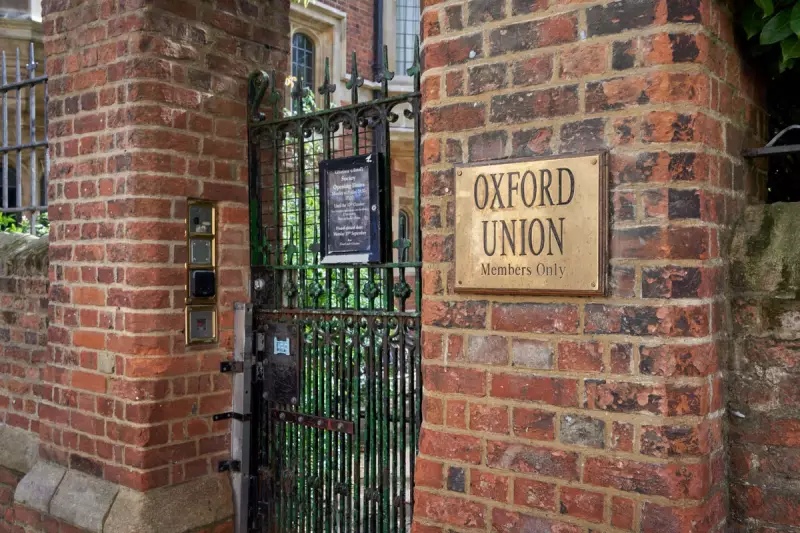
The historic Oxford Union finds itself at the centre of a free speech storm after cancelling a planned event featuring controversial American conservative Charlie Kirk, founder of Turning Point USA.
The decision came after mounting pressure from student groups and security assessments, leaving the 200-year-old debating society facing accusations of bowing to cancel culture.
Event Collapse Amid Growing Opposition
Kirk, a prominent supporter of Donald Trump known for his divisive rhetoric on immigration and social issues, was scheduled to speak at the prestigious institution. However, the event was dramatically called off just hours before it was due to begin, with the Union citing "logistical reasons" for the cancellation.
Student activists had organised significant opposition to Kirk's appearance, arguing that his views promote harmful ideologies and don't deserve a platform at one of the world's most respected academic institutions.
Security Concerns and Social Media Fallout
Sources close to the situation suggest that security assessments played a crucial role in the decision, with concerns about potential disruptions and the safety of attendees.
The controversy spilled onto social media, where Kirk himself took to platform X to express his frustration, stating he was "disinvited" and criticising what he called the "woke mob" at Oxford.
Broader Implications for Campus Discourse
This incident raises important questions about free speech on university campuses and the boundaries of acceptable discourse within academic settings. The Oxford Union, famous for hosting controversial figures throughout its history, now faces difficult questions about its role in modern political debates.
The cancellation has sparked heated discussions among students and academics alike about whether institutions should provide platforms to speakers whose views many find offensive, or whether protecting students from potentially harmful rhetoric takes precedence.
As the dust settles, the Oxford Union must navigate the complex balance between its tradition of free expression and the evolving expectations of its diverse student body in an increasingly polarised political landscape.





